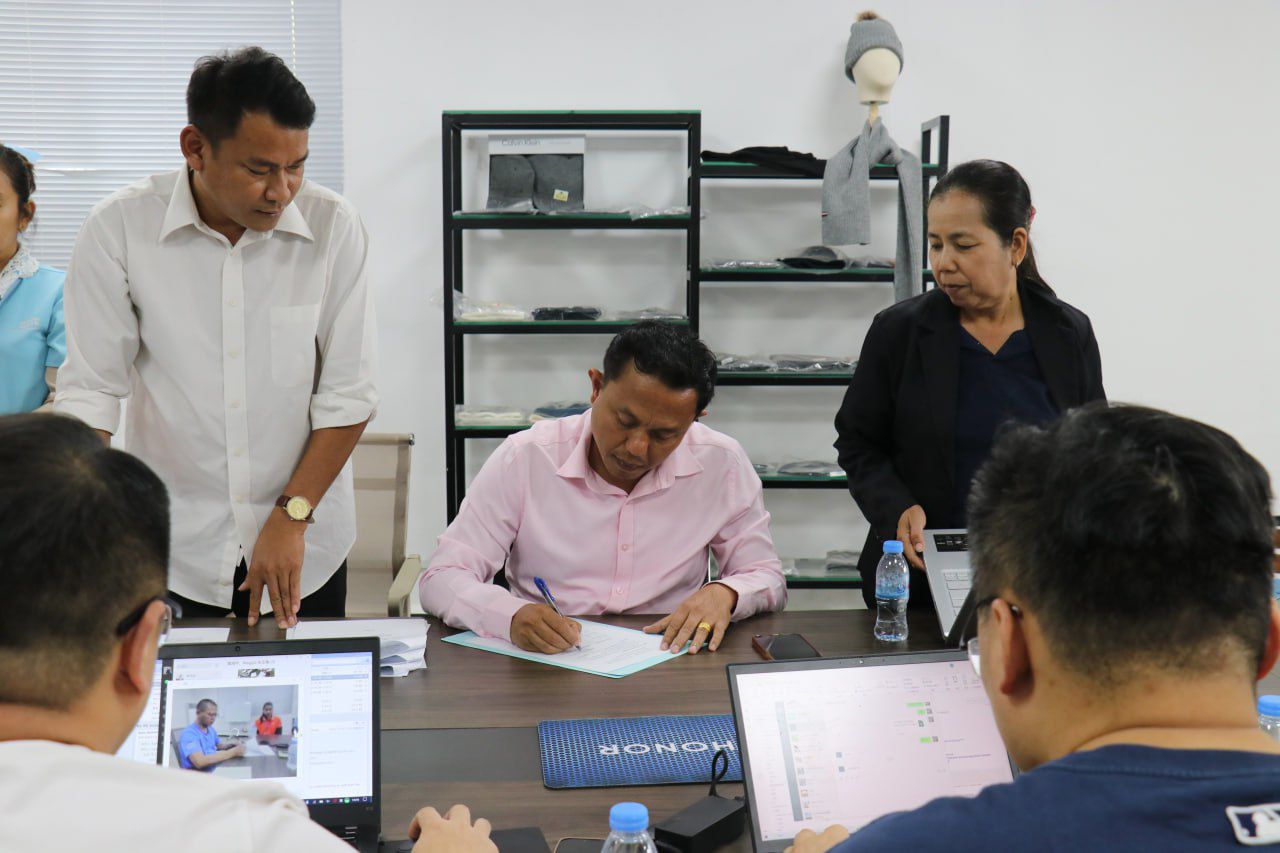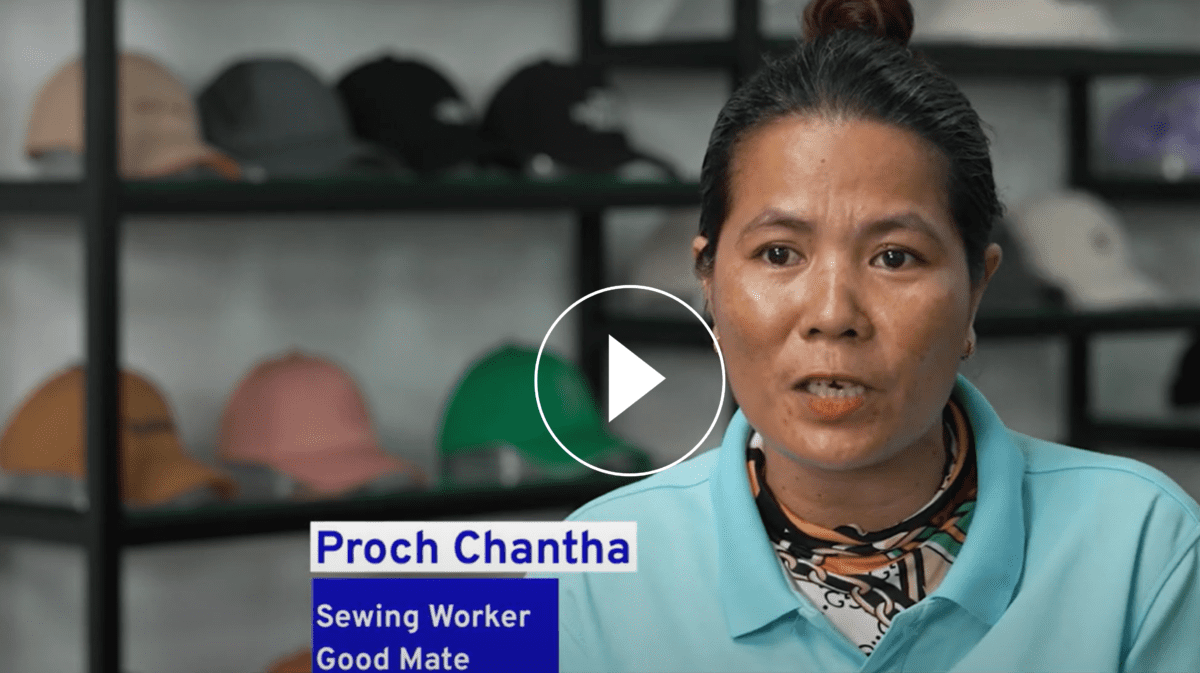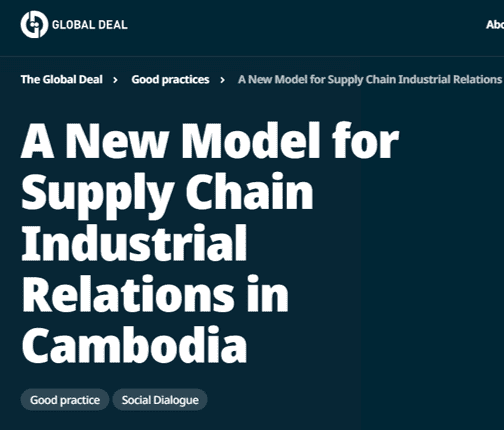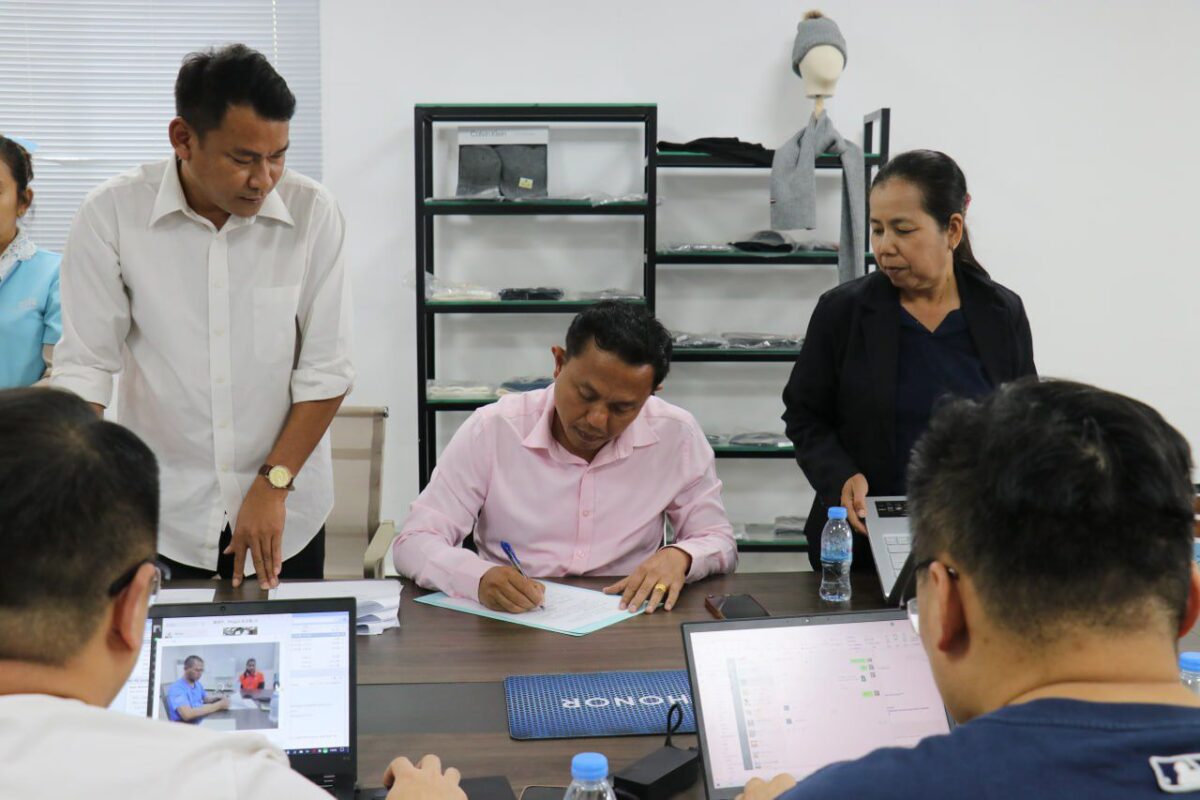Win-Win-Win Outcomes for Cambodia
For the Industry
For Workers
For Global Brands
A Groundbreaking Collaboration: In a historic move, manufacturers, brands and trade unions have agreed on the first supply-chain supported collective bargaining agreements. Through the ACT programme, they have jointly developed a supply chain industrial relations framework to improve wages, strengthen industrial relations, and foster a stable and competitive industry.
“ACT in Cambodia brings together all key players—workers, employers, and buyers — to address industry challenges with shared responsibility. This ensures sustainable progress for everyone.”
Julia Bakutis, Senior Sustainability Social Manager, H&M
 The social partners in Cambodia – the Employers Association and the Trade Unions affiliated to IndustriALL Global Union – negotiated a framework enabling standardised and brand-supported Collective Bargaining Agreements (CBAs) at factory level across the sector.
The social partners in Cambodia – the Employers Association and the Trade Unions affiliated to IndustriALL Global Union – negotiated a framework enabling standardised and brand-supported Collective Bargaining Agreements (CBAs) at factory level across the sector.




